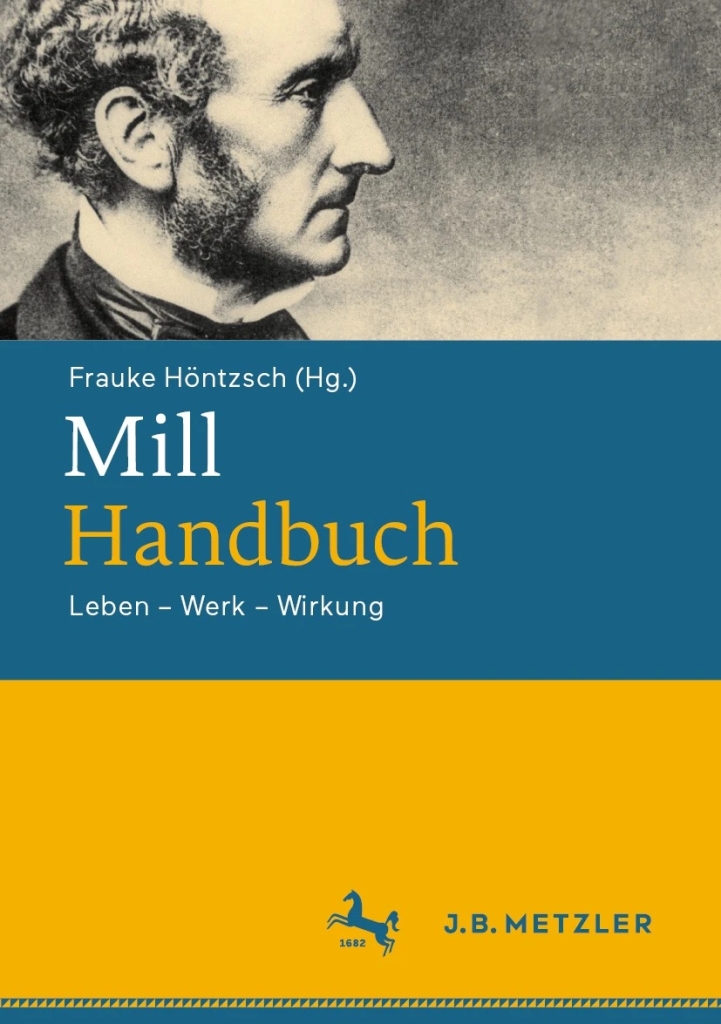A new German-language handbook on John Stuart Mill has just been published by J.B. Metzler Verlag under the title J. St. Mill-Handbuch: Leben – Werk – Wirkung.
In it, I have written a contribution on a text that Mill published as a series of newspaper articles in 1831, titled The Spirit of the Age. By placing this essay in the context of Mill’s own intellectual development, of the contemporary political situation in Britain and France, and of current debates in Mill-scholarship, I try to provide some entry points for a better understanding of a text that is no easy read but very worthwhile.
While Mill himself was quite harsh on this early publication later in life, it encompasses some fascinating reflections on the relation between authority and freedom, on the development of civilization, and on the social role of intellectuals.
Mill’s original text is available in the Online Library of Liberty through this link. It comes highly recommended.
My chapter is available here.
Many thanks to the editor Frauke Höntzsch for the compilation of what looks to be a great research compendium on one of the most intriguing intellectual figures of the Victorian era.

